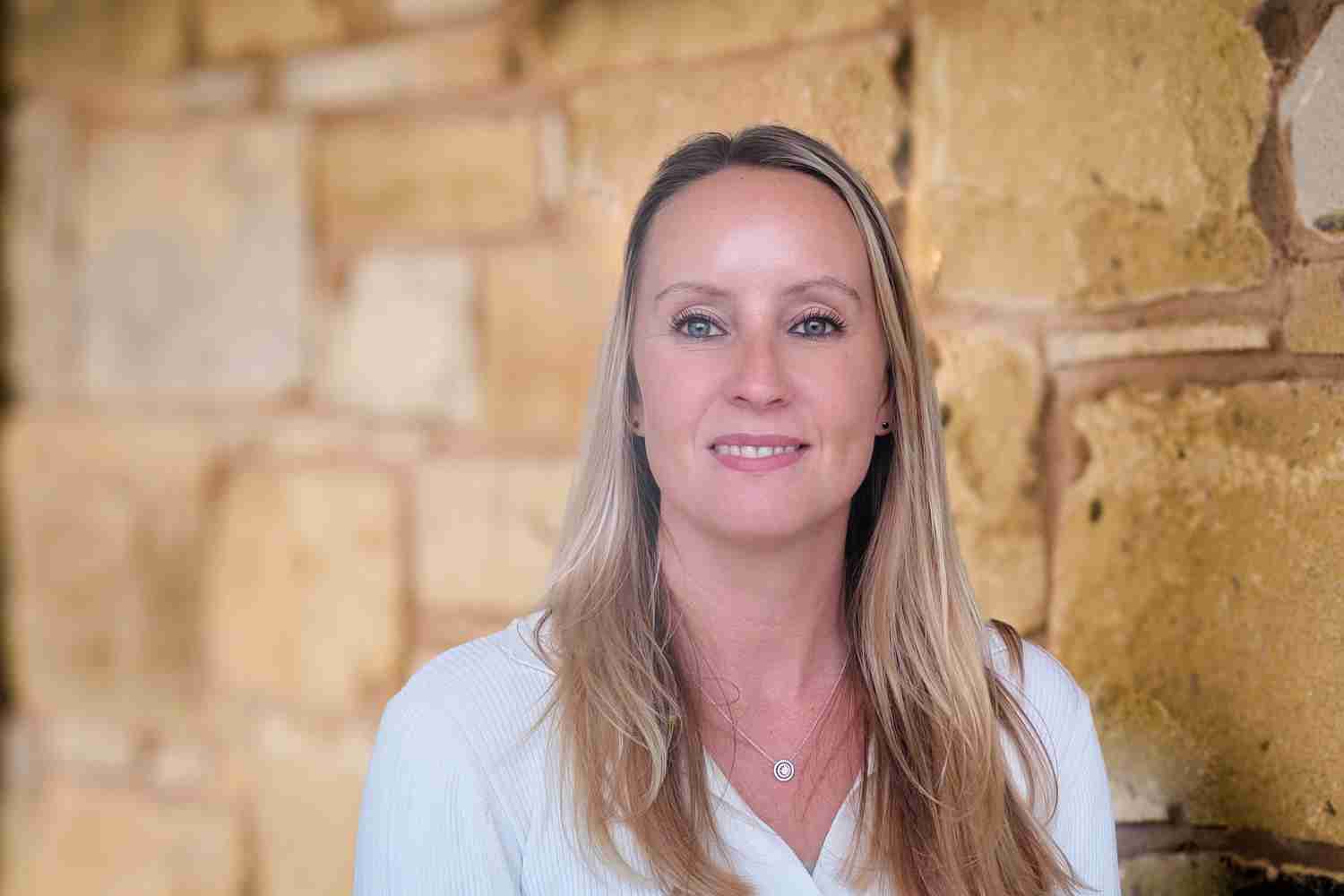Education, engagement and inclusiveness aren’t just buzzwords – they could be the key to securing the future of the advice profession. In her latest blog for IFA Magazine below, Cara Robinson (pictured), Training & Competency Supervisor at Truly Independent, argues that advisers must look beyond wealthy, established clients and start tackling the UK’s chronic financial literacy gap, especially among younger, underserved demographics, if the industry is to thrive in the years ahead.
Can advisers help raise the UK’s persistently poor levels of financial literacy? You may think it’s less a question of whether they can and more a question of whether they even should.
After all, it’s widely assumed that such a task should fall principally to schools or that government ought to somehow lead the way. In tandem, there’s a sense that advice is distinct from education.
But this isn’t strictly true. It’s perfectly reasonable to suppose advice is actually synonymous with education, because our job is ultimately to help people make informed financial decisions.
The problem is that we don’t help as many people as we should. Let’s be brutally honest about this: on the whole, we tend to provide the greatest assistance to those who least need it.
Why? Because most advisers prefer clients who have already “made it”. Truly Independent’s CEO, Andrew Goodwin, has dubbed this tendency “the Evangelista Effect” – named after supermodel Linda Evangelista, who once declared: “We don’t wake up for less than $10,000 a day.”
For example, there are plenty of advisers who wouldn’t take on a client with less than £50,000 to invest. There are also plenty who wouldn’t grant an audience to someone unable to set aside more than £200 a month.
Is such a mindset worthy of a profession whose fundamental purpose is to improve the lives of others? I don’t think so. It makes me worried for younger generations. I wonder what kind of financial future someone like my own daughter might face if this blinkeredness continues.
The overlooked majority
To try to get a sense of perspective here, let’s examine the plight of Generation Z. Even the older representatives of this cohort – those aged in their mid-to-late 20s – are extremely unlikely to seek financial advice.
We have figures to prove this. According to a study published earlier this year, just 5% of the people receiving advice in the UK are aged under 30[1] – a frightening thought, given the potentially bewildering financial products that are nowadays alarmingly easy to access.
Of course, this isn’t to say the vast majority of the population gets no financial advice whatsoever. Studies have revealed there are all sorts of kindly souls who are only too happy to impart their wisdom.
Unfortunately, most of them are clueless. They’re often relatives, pals or pub-goers[2]. Increasingly, they might be so-called “finfluencers” – the self-proclaimed experts frequently found careening around the realm of TikTok[3].
As if this weren’t bad enough, remember that enormous numbers of Britons have poor credit ratings. Many rank as what’s known in the trade as “credit invisible” – a designation most likely to be applied to those aged between 18 and 25.
So let’s now imagine that someone has a limited grasp of money matters and is saddled with a lousy rating. Despite those classic drawbacks, he has managed to amass a bit of disposal income and is determined to establish a much firmer financial footing.
Are the members of the adviser community going to help him? Are they prepared to offer the guidance he needs at a point in his life when it could make a world of difference? Or are they going to leave him to his own devices, even though there’s a chance that doing so could derail his financial journey before it has even started in earnest?
Meeting unmet needs – and securing our collective future
You may feel the bottom line here is that financial advice has to become more affordable. In fact, that’s only part of the picture.
The point I really want to make is that financial advice has to become more inclusive. As an industry, we’re failing to meet the needs of too many long-underserved demographics.
Addressing this issue is one of the key aims of Truly Independent’s Truly Empowered initiative. We’re trying to identify ways of better engaging with a variety of marginalised stakeholder groups.
Improved dialogue could itself go some way towards enhancing financial literacy. Yet we believe it could help us, too, because the fact is that we can’t set about effectively meeting unmet needs until we fully understand what they are – and the best way of doing that is to speak with the people who have those needs.
Naturally, some advisers may still think their most useful contribution to the cause of boosting the nation’s collective knowledge of finance is to explain the nuances of structured credit to a multimillionaire. Fair enough.
But it may be worth bearing in mind that this isn’t just a case of what our professional duties ought to be. It’s also a case of safeguarding the long-term future of the profession itself.
The advice gap is still with us. Moreover, there are only so many wealthy clients to go around. All things considered, now seems as good a time as any for a serious rethink.
Cara Robinson is Training & Competency Supervisor at Truly Independent.
[1] See, for example, FT Adviser: “Almost 90% of people receiving financial advice are over 40”, March 4 2025 – https://www.ftadviser.com/intelliflo/2025/3/4/almost-90-of-people-receiving-advice-are-over-40-/.
[2] See, for example, Daily Telegraph: “Consumers turn to friends and family for financial advice”, June 26 2011 (https://www.telegraph.co.uk/finance/personalfinance/money-saving-tips/8600595/Consumers-turn-to-friends-and-family-for-financial-advice.html); and Peer2Peer Finance News: “Fifth of young people use social media for financial advice”, May 26 2021 (https://p2pfinancenews.co.uk/2021/05/26/fifth-of-young-people-use-social-media-for-financial-advice/).
[3] See, for example, Financial Conduct Authority: “FCA cracks down on illegal finfluencers”, October 22 2024 – https://www.fca.org.uk/news/press-releases/fca-cracks-down-illegal-finfluencers.















